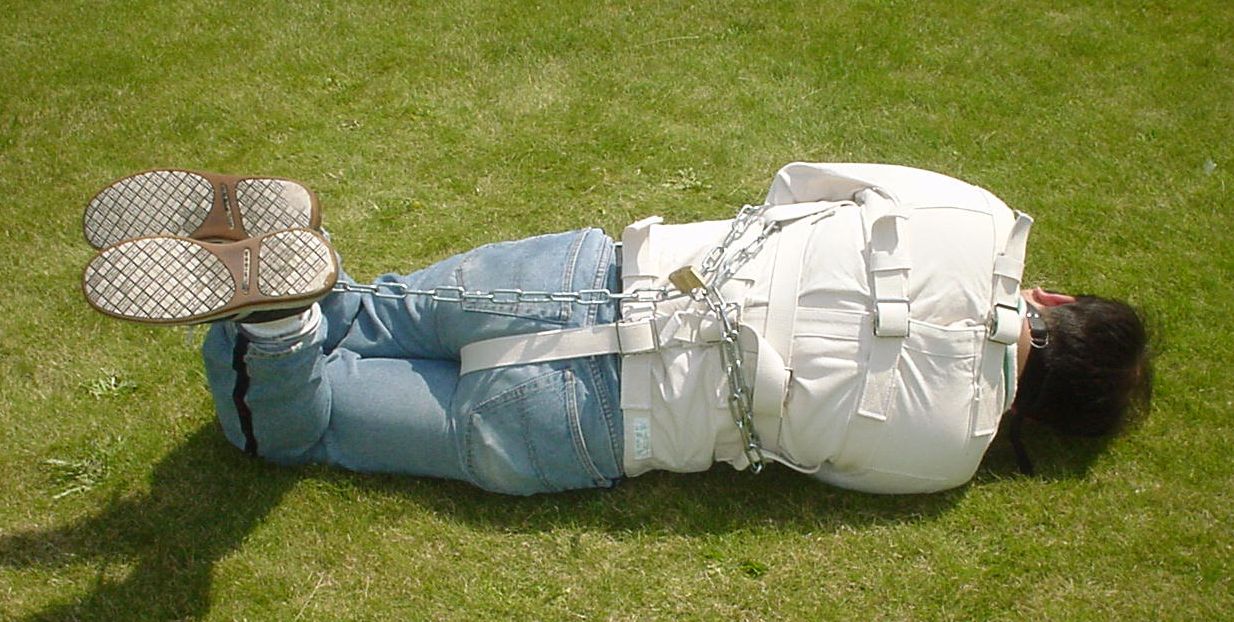
Ryan Holiday has a post, “How Your Daily Routine Can Turn Into Your Biggest Enemy“, where he talks about how routines and rituals can make you fragile and easy to throw off-kilter–all of which is true.
His solution is to have routines, not just a routine. If you prefer to write in silence, but they’re digging up the road outside, have a favorite Starbucks and sound-cancelling earbuds you can use instead–it’s not an emergency fall back plan, but an alternative plan.
Write at your local coffee store once a week, so that you’re comfortable with writing there. Write in the back yard when it’s nice, so you’re comfortable writing there, too. Write on your bed. Write in front of the TV while your spouse is watching and you use the earbuds, so you’re comfortable with that routine. Write before breakfast. Learn to write on a bus or train.
The idea is to increase your comfort zone and the number of ways (routines) that you can slide into depending upon circumstances. It builds flexibility and allows you to be productive, because entropy is real, and change is consistent, so the routine you use today won’t be possible in a year’s time. Guaranteed.
If you have ever said, “But I must have xxx in order to write” (xxx = perfect silence, string quartet, your favorite keyboard, cat on your lap, three cups of coffee, etc, etc.,), then you are making your routines and rituals too rigid.
If you need more than one variable firmly in place before the muse will come, then you’re doubling/tripling/exponentially increasing your chances that something will be out of whack next time you need to write, and you won’t. (Write, that is.)
You can be derailed completely by the smallest thing (it’s raining today!).
Don’t get me wrong. Routines, rituals, work processes and habits are brilliant productivity enhancers. They’re gold for writers.
The trick is: you can’t have too many of them. And the more you have, the more words you’ll get down, because you’ve built resiliency into your writing practice that will also let you write in unique circumstances.
Tip: While those unique circumstances hold, take notes! You can use them in a story.
t.
[fusion_separator style_type=”shadow” hide_on_mobile=”small-visibility,medium-visibility,large-visibility” class=”” id=”” sep_color=”” top_margin=”” bottom_margin=”” border_size=”” icon=”” icon_circle=”” icon_circle_color=”” width=”” alignment=”center”][/fusion_separator]
.![]()
